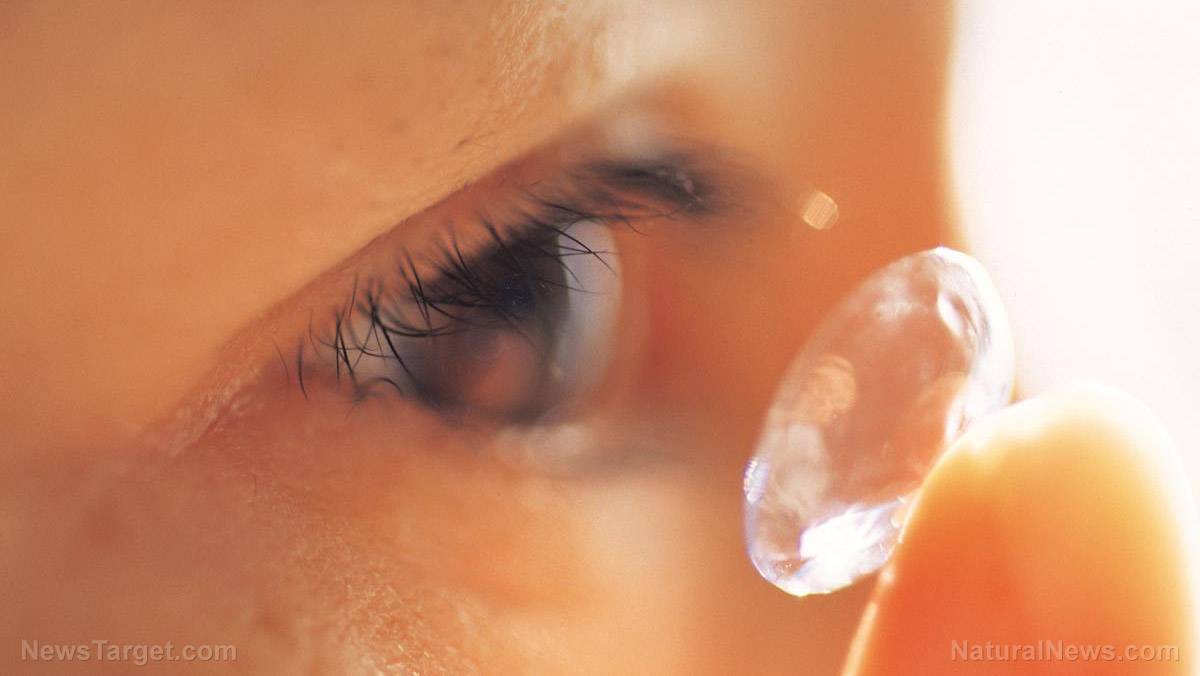Another study links diet soda to weight gain
12/18/2016 / By Daniel Barker

A recent study has added more weight (pun intended) to the argument that artificial sweeteners do not help people in controlling their weight – in fact, the consumption of diet drinks actually contributes to obesity.
This latest investigation on the subject was conducted by the National Institute on Aging and the National Institutes of Health in Baltimore, Maryland. The researchers analyzed data compiled from 1984 to 2006 as part of the Baltimore Longitudinal Study of Aging.
After correcting the data of the 1,454 study participants for lifestyle factors such as smoking, gender and diet, the team found a link between obesity levels, body size and the consumption of diet soda.
Chronic low-calorie sweetener consumption was shown to contribute to obesity, particularly abdominal obesity.
The study confirmed the results of previous studies showing a link between artificial sweeteners and obesity, and since the data involved a large sample group studied over a long period of time, the findings can be considered definitive proof that such a link exists.
From the study:
“Our finding of low-calorie sweetener use and weight gain is consistent with results from two longitudinal studies, with six to nine years of follow-up, reporting an association between consumption of low-calorie sweetener containing beverages and increased weight gain. The finding of increase in waist circumference with low-calorie sweetener use is consistent with prior work on the association between diet soda with increased waist circumference.”
How do artificial sweeteners contribute to obesity?
Although it is unclear exactly how artificial sweeteners cause weight gain, there are a few theories that may provide at least part of the answer.
One study, published in 2014 in the journal Nature, showed that artificial sweeteners alter the composition of gut flora, causing glucose intolerance in both mice and human subjects. The “deleterious metabolic effects” of non-caloric artificial sweeteners (NAS) can contribute to obesity.
Another theory is that artificial sweeteners can trigger the desire to overeat:
“Low-calorie sweeteners, with no caloric density, actually may cause the brain to abandon sweetness as a calorie gauge. Therefore, individuals who consume low-calorie sweeteners may compensate by over-eating in order to experience the expected satiety.”
The researchers concluded that artificial sweetener use leads to “heavier relative weight, a larger waist, and a higher prevalence and incidence of abdominal obesity.”
The lie we’ve been told by Big Soda is that low-calorie products can help people lose weight, when the opposite is true. If you’re going to drink a soda, you might as well have the real thing – sugar and all.
Just because a product has a low amount of calories does not necessarily mean it’s good for you or that it will keep you slim. In fact, diet sodas have a real impact on metabolism and it’s not a positive one.
Other good reasons to avoid artificial sweeteners
And there are plenty of other good reasons not to drink diet sodas – artificial sweeteners are not only useless in controlling weight, they are harmful to the body in many other ways.
The most commonly used NAS in diet sodas is aspartame, which breaks down into formaldehyde after being ingested. Formaldehyde accumulates in the body, damaging DNA and leading to various types of cancer.
Aspartame has been linked to brain cancer, leukemia, strokes, heart attacks, brain damage, nervous system damage, seizures and sexual dysfunction.
Aspartame is just one of the toxic artificial sweeteners in common use – many of the other sweeteners such as saccharin and neotame are also linked to health risks.
Drinking sodas is a bad idea to begin with, but it appears that the normal varieties – the ones loaded with refined sugars – are actually less harmful than diet sodas.
Why not avoid sodas altogether and satisfy your sugar cravings with natural sweeteners such as honey, molasses or maple syrup? Once you get over your refined sugar or diet soda addiction, you’re likely to find that the natural stuff not only tastes better, but makes you feel better, too.
Sources:
Tagged Under: artificial sweeteners, health, obesity



















